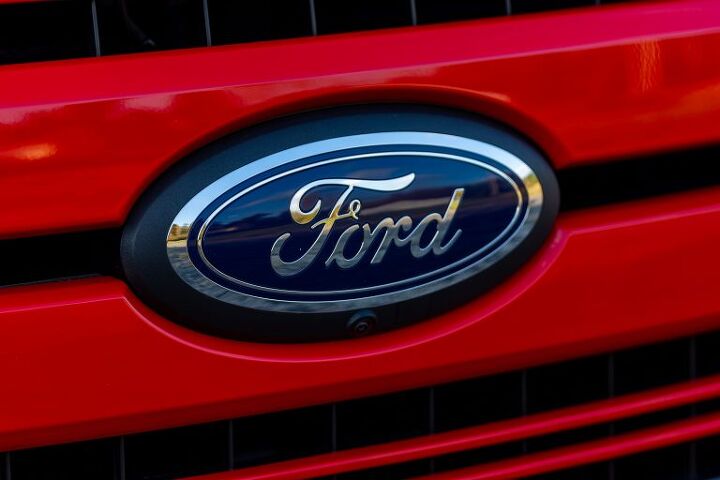European Ford, Toyota, BMW Plants Go Dark

The European marketplace is shutting down, and with it the manufacturing base of many automakers. Ford, Toyota, and BMW have now announced temporary suspensions of production at plants across the continent — a measure that’s starting to be seen in North America.
Stuart Rowley, president of Ford of Europe, called the coronavirus pandemic’s impact on employees, dealers, and customers “unprecedented.” The supply chain is growing increasingly unreliable, the automaker stated, with customers falling away in huge numbers.
As such, “manufacturing sites in Cologne and Saarlouis in Germany, together with the Craiova facility in Romania, will temporarily halt production from Thursday, March 19,” Ford said. “Ford’s Valencia assembly and engine facility in Spain already temporarily halted production from Monday, March 16, after three workers were confirmed with coronavirus over the past weekend. Only essential work, such as maintenance and security, will continue onsite.”
Unlike Honda’s North American shutdown, Ford’s idle period is open-ended. The automaker noted “the exact duration depends on a number of factors” — a list whose contents you can probably guess.
One Toyota plant in France is already offline, with that automaker now claiming the remaining four will go dark by March 21st.
“With the acceleration of the coronavirus in various European countries or regions and the associated ‘lock-down’ measures taken by various national and regional authorities, an uncertain short-term sales outlook and difficulties in logistics and supply chains are being felt and will increase in the next weeks,” Toyota stated.
“TME has consequently decided to organise a progressive suspension of its vehicle and engines/transmissions production plants in Europe starting on 18 March until further notice.”
On Wednesday, BMW announced its European and South African plants will shut down for a period of one month.
“Our production is geared towards sales development forecasts – and we are adjusting our production volumes flexibly in line with demand,” said BMW AG chief executive Oliver Zipse. “Since yesterday: We began to shut down our European and Rosslyn automotive plants, which will close by the end of the week. The interruption of production for the mentioned plants is currently planned to run until April 19.”
German auto giant Daimler announced Tuesday that it will suspend the “majority” of its European production for two weeks. “Daimler’s management is monitoring the situation constantly and will take further measures as required,” the automaker stated. “Full operations will be resumed when the situation improves.”
[Image: © 2020 Chris Tonn/TTAC]

More by Steph Willems
Latest Car Reviews
Read moreLatest Product Reviews
Read moreRecent Comments
- Probert They already have hybrids, but these won't ever be them as they are built on the modular E-GMP skateboard.
- Justin You guys still looking for that sportbak? I just saw one on the Facebook marketplace in Arizona
- 28-Cars-Later I cannot remember what happens now, but there are whiteblocks in this period which develop a "tick" like sound which indicates they are toast (maybe head gasket?). Ten or so years ago I looked at an '03 or '04 S60 (I forget why) and I brought my Volvo indy along to tell me if it was worth my time - it ticked and that's when I learned this. This XC90 is probably worth about $300 as it sits, not kidding, and it will cost you conservatively $2500 for an engine swap (all the ones I see on car-part.com have north of 130K miles starting at $1,100 and that's not including freight to a shop, shop labor, other internals to do such as timing belt while engine out etc).
- 28-Cars-Later Ford reported it lost $132,000 for each of its 10,000 electric vehicles sold in the first quarter of 2024, according to CNN. The sales were down 20 percent from the first quarter of 2023 and would “drag down earnings for the company overall.”The losses include “hundreds of millions being spent on research and development of the next generation of EVs for Ford. Those investments are years away from paying off.” [if they ever are recouped] Ford is the only major carmaker breaking out EV numbers by themselves. But other marques likely suffer similar losses. https://www.zerohedge.com/political/fords-120000-loss-vehicle-shows-california-ev-goals-are-impossible Given these facts, how did Tesla ever produce anything in volume let alone profit?
- AZFelix Let's forego all of this dilly-dallying with autonomous cars and cut right to the chase and the only real solution.


































Comments
Join the conversation